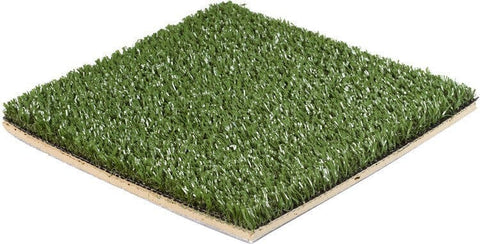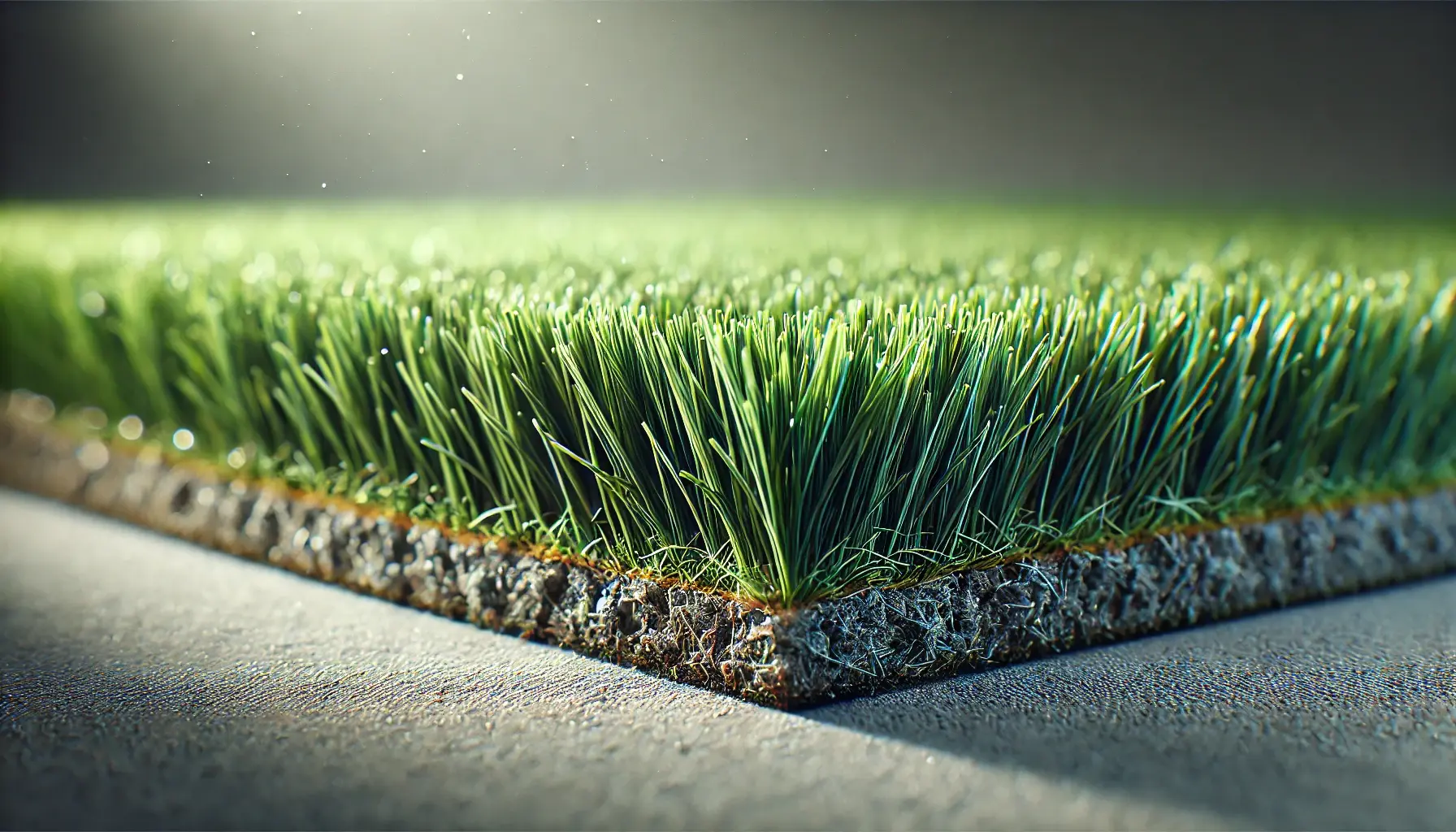Find Reliable Artificial Turf Companies Phoenix for Your Outdoor Needs
Find Reliable Artificial Turf Companies Phoenix for Your Outdoor Needs
Blog Article
Delve Into the Environmental Conveniences of Opting for Synthetic Grass Solutions
The fostering of synthetic grass solutions presents an engaging possibility to deal with pressing ecological challenges. By significantly minimizing water usage and lessening the application of damaging chemicals, these options not only promote sustainable landscaping but also shield regional environments. The reduced carbon footprint linked with reduced upkeep activities contributes to a more lasting technique to land management. The effects of these benefits expand beyond simple conservation initiatives, raising inquiries about their lasting effect on environment preservation and total ecological balance. Exploring these dimensions exposes a complex interplay worth thinking about.
Water Conservation Advantages
One of the most substantial benefits of synthetic turf is its ability to conserve water. In comparison, fabricated lawn does not require watering, considerably lowering the general demand for water resources.
By removing the requirement for normal watering, synthetic grass adds to lasting landscape techniques and helps minimize the environmental influence of too much water consumption. Moreover, the conservation of water includes the decrease of runoff, which can cause dirt erosion and waterway contamination.
In addition, the installation of synthetic grass enables homeowners and municipalities to designate water sources extra efficiently, focusing on necessary usages such as alcohol consumption water and farming. The change in the direction of artificial turf not just promotes accountable water usage but likewise lines up with wider environmental goals focused on preserving natural resources.
As neighborhoods significantly focus on sustainability, the water preservation benefits of artificial lawn offer a compelling case for its adoption in industrial and household landscape design jobs.
Decreased Chemical Use
The change to synthetic grass dramatically decreases the dependence on chemical treatments typically made use of in natural turf maintenance. Traditional turf administration generally involves the application of pesticides, plant foods, and herbicides to promote development and control bugs. These chemicals can pose risks to human wellness, local wild animals, and the setting, adding to soil and water contamination.
In comparison, artificial grass gets rid of the need for these dangerous substances. By decreasing the release of synthetic compounds right into the environment, man-made lawn promotes healthier dirt and water systems.
Moreover, the lack of chemical runoff linked with synthetic grass setups assists shield local waterways from pollution, supporting aquatic life and preserving biodiversity. Arizona turf. As communities increasingly prioritize sustainable practices, opting for synthetic grass provides a sensible option that aligns with ecological conservation goals. With this change, homeowner can delight in lavish eco-friendly spaces without compromising environmental health and wellness, paving the way for an extra sustainable future
Lower Carbon Impact

Moreover, the installation of synthetic grass can lead to significant water conservation. Natural grass require considerable quantities of water for watering, which not only contributes to the carbon footprint related to water extraction and therapy but likewise pressures regional water sources. On the other hand, artificial lawn requires minimal maintenance, needing no watering, therefore significantly decreasing water usage and its linked energy expenses.
Furthermore, her latest blog the long life of fabricated grass adds to its reduced carbon impact. With a lifespan of as much as 15 years or more, the requirement for constant replacements is diminished, resulting in less waste and lower power intake in production and taking care of traditional grass alternatives. In general, synthetic grass offers a lasting alternative for eco aware landscaping.
Habitat Conservation
Habitat preservation is a vital factor to consider in the debate over landscaping selections, particularly when comparing artificial lawn to all-natural yard. Natural yard yards commonly require comprehensive maintenance, consisting of the usage of pesticides, plant foods, and herbicides, which can detrimentally affect regional ecosystems. These chemicals can seep click this link into the dirt and waterways, harming indigenous vegetation and fauna and interrupting local environments.
Man-made lawn gets rid of the requirement for unsafe chemicals, thereby safeguarding close-by wild animals and preserving the stability of surrounding ecosystems. The installment of artificial lawn can lead to the conversion of former turf areas into even more biodiverse landscapes, such as pollinator yards or native plant areas, which can support local wildlife.
Ultimately, the transition to synthetic grass not only conserves water and lowers upkeep efforts however likewise promotes a more harmonious connection between human tasks and the all-natural environment, promoting habitat conservation in the procedure.
Long-Term Sustainability
Long-lasting sustainability is a vital consider examining the advantages of synthetic grass over standard yard yards. One of the most significant advantages of synthetic grass is its durability; it can last as much as 15-20 years with very little upkeep, whereas natural yard needs regular reseeding and replacement. This durability reduces the demand for consistent resources, such as water, plant foods, and pesticides, which are essential for maintaining a healthy and balanced turf yard.
Additionally, synthetic grass adds to a decrease in carbon emissions linked with lawn treatment tools. Traditional yards often require gas-powered lawn mowers, leaners, and blowers, all of which contribute to air pollution. Arizona artificial turf. On the other hand, synthetic grass removes the requirement for such devices, advertising a cleaner environment
Furthermore, the manufacturing of synthetic turf significantly uses recycled products, improving its sustainability profile. As manufacturers adopt green practices, the ecological impact of man-made lawn remains to decrease.

Final Thought
The fostering of man-made grass solutions presents significant environmental advantages, including considerable water conservation, decreased reliance on dangerous chemicals, and a reduced carbon impact. Furthermore, artificial grass help in protecting natural environments by reducing land disruption and promoting long-term sustainability via making use of durable materials. Collectively, these factors highlight the capacity of man-made grass to add favorably to ecological health and offer a viable choice to typical landscape design methods in a progressively resource-conscious globe.
In comparison, man-made turf does not require watering, dramatically lowering the total demand for water sources. By reducing the launch of synthetic compounds right into the community, fabricated grass advertises much healthier soil and water systems.
Moreover, the installation of man-made turf can result in significant water conservation. In comparison, artificial lawn requires minimal maintenance, requiring no watering, thereby substantially decreasing water use and its associated energy costs.

Report this page